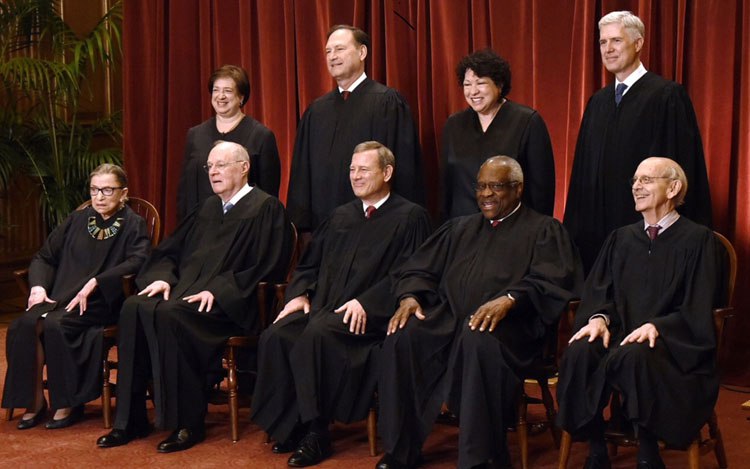The ADA prohibits employers from discriminating against a “qualified individual with a disability.” A “disability” is defined as an impairment that substantially limits an individual in one or more major life activities – such as walking, lifting, talking, seeing, and breathing, among others. A “qualified individual” is one who can perform the essential functions of a job with reasonable accommodation. The ADA also protects workers who are erroneously “regarded as” being disabled. The new Supreme Court decisions will help employers answer the threshold question in dealing with an applicant or employee with a physical or mental impairment – is the person protected by the ADA?
Workers with Correctable Impairments Are Normally Not Disabled Under the ADA.

